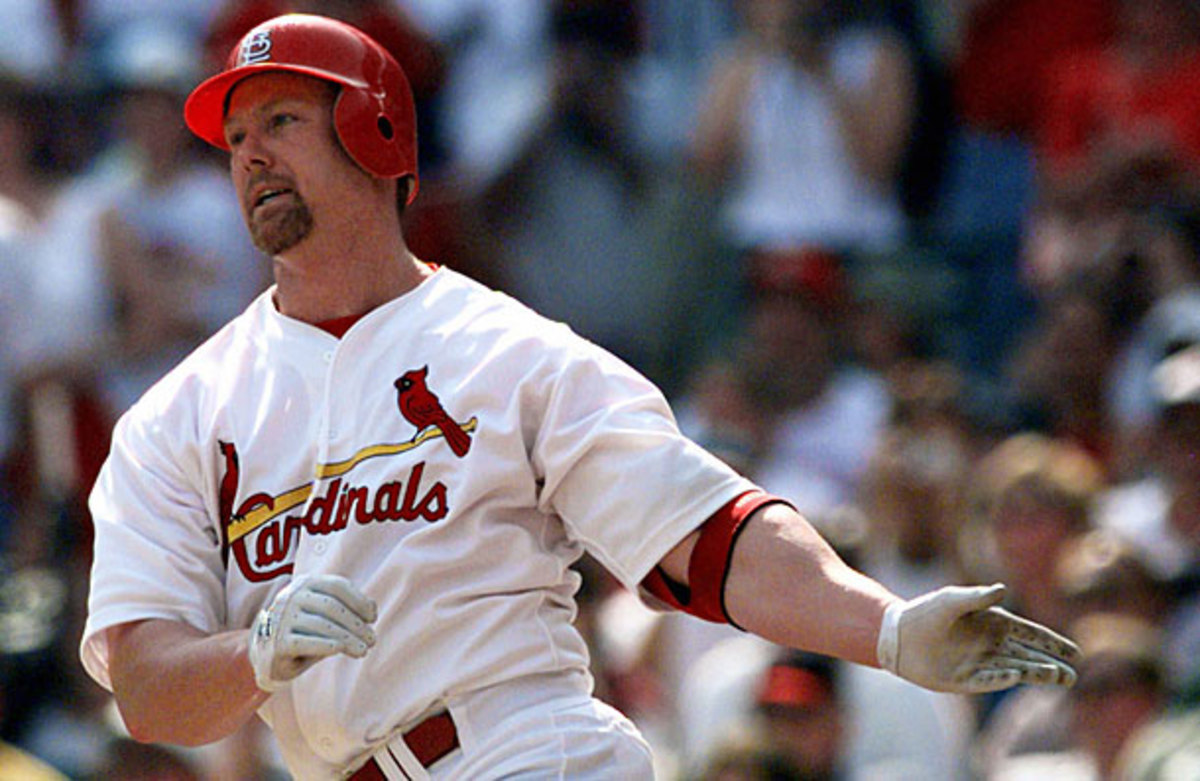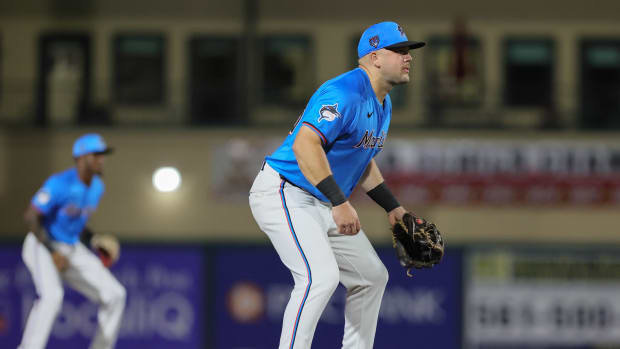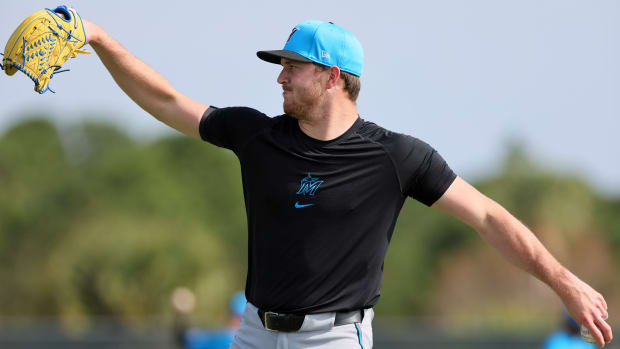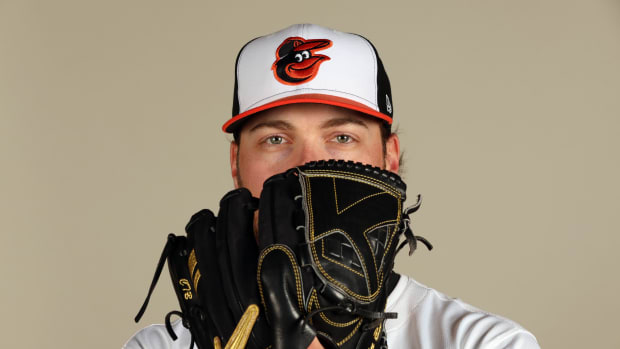Fifteen years ago today, Steve Wilstein first shed light on the Steroid Era
Mark McGwire his a then-record 70 home runs in 1998 but later admitted using steroids during that season. (AP)
Just as this season's ongoing drama surrounding the Biogenesis scandal proves, baseball's so-called Steroid Era will never have a clear end point. It doesn't have a clear starting point, either. Former Braves pitcher Tom House admitted in 2005 that he and several teammates used steroids as far back as the late 1960s, and rumors of steroid use by players such as Jose Canseco were not uncommon during the heyday of the Bash Brothers in Oakland in the '80s.
Still, the rampant use of performance-enhancing drugs during what would come to be known as the Steroid Era remained largely out of public discussion until 1998, when the Associated Press's Steve Wilstein peered into Mark McGwire's locker in the Cardinals clubhouse while waiting for the first baseman to emerge after a game and noticed a brown bottle with the long word on it. Fifteen years ago today, he filed this groundbreaking story:
ST. LOUIS (AP) -- Sitting on the top shelf of Mark McGwire's locker, next to a can of Popeye spinach and packs of sugarless gum, is a brown bottle labeled Androstenedione.
For more than a year, McGwire says, he has been using the testosterone-producing pill, which is perfectly legal in baseball but banned in the NFL, Olympics and the NCAA.
No one suggests that McGwire wouldn't be closing in on Roger Maris' home run record without the over-the-counter drug. After all, he hit 49 homers without it as a rookie in 1987, and more than 50 each of the past two seasons.
But the drug's ability to raise levels of the male hormone, which builds lean muscle mass and promotes recovery after injury, is seen outside baseball as cheating and potentially dangerous.
"Everything I've done is natural. Everybody that I know in the game of baseball uses the same stuff I use," said McGwire, who also takes the popular muscle-builder Creatine, an amino acid powder.
At the time, McGwire and the Cubs' Sammy Sosa were thrilling baseball with their dueling chase of Roger Maris' single-season record of 61 home runs, set in 1961. McGwire, who would finish the year with 70, hit his 52nd home run the day that Wilstein's story was published. Sosa had 49 at that point, on his way to 66. In baseball's magic summer, Wilstein became public enemy number one in major league clubhouses, the subject of a backlash not only from teams and players, but from his fellow writers, who worried that players would become more guarded with all reporters as a result of Wilstein's "snooping." Not that Wilstein particularly cared. At the time his first wife was dying of breast cancer. She passed away on Sept. 11, 1998, just three weeks after the publication of his legacy-defining story.
Major League Baseball commissioned a study on the effects of Androstenedione, but didn't make it illegal until 2004. That was one year after the game instituted survey testing to see if the problem of PEDs in baseball was widespread enough to warrant a punishment program, and two years after another huge story brought steroid use in the game to the forefront of public discussion: Tom Verducci's report in SI in 2002 about the steroid problem in major league baseball and the specific admission of use by former NL MVP Ken Caminiti. It took several more years for baseball to enact any meaningful PED policy at the major league level, and the game continues to struggle with detection and prevention. Meanwhile, the effects of drugs on the game and the efforts to both eradicate those drugs and to come to terms with their impact on baseball history have become the dominant story in the sport in the years since Wilstein's revelation.
As for Wilstein himself, he retired in 2005 and now moonlights as a sports photographer. As much heat as he took for his McGwire story in 1998, history has been kind to him in large part because of the piece. He has been nominated for the Hall of Fame's Ford C. Frick Award, brings in some extra cash via the occasional speaking appearance, and has long been regarded as a pioneer, if not the sole instigator, in baseball's efforts to get clean.




































